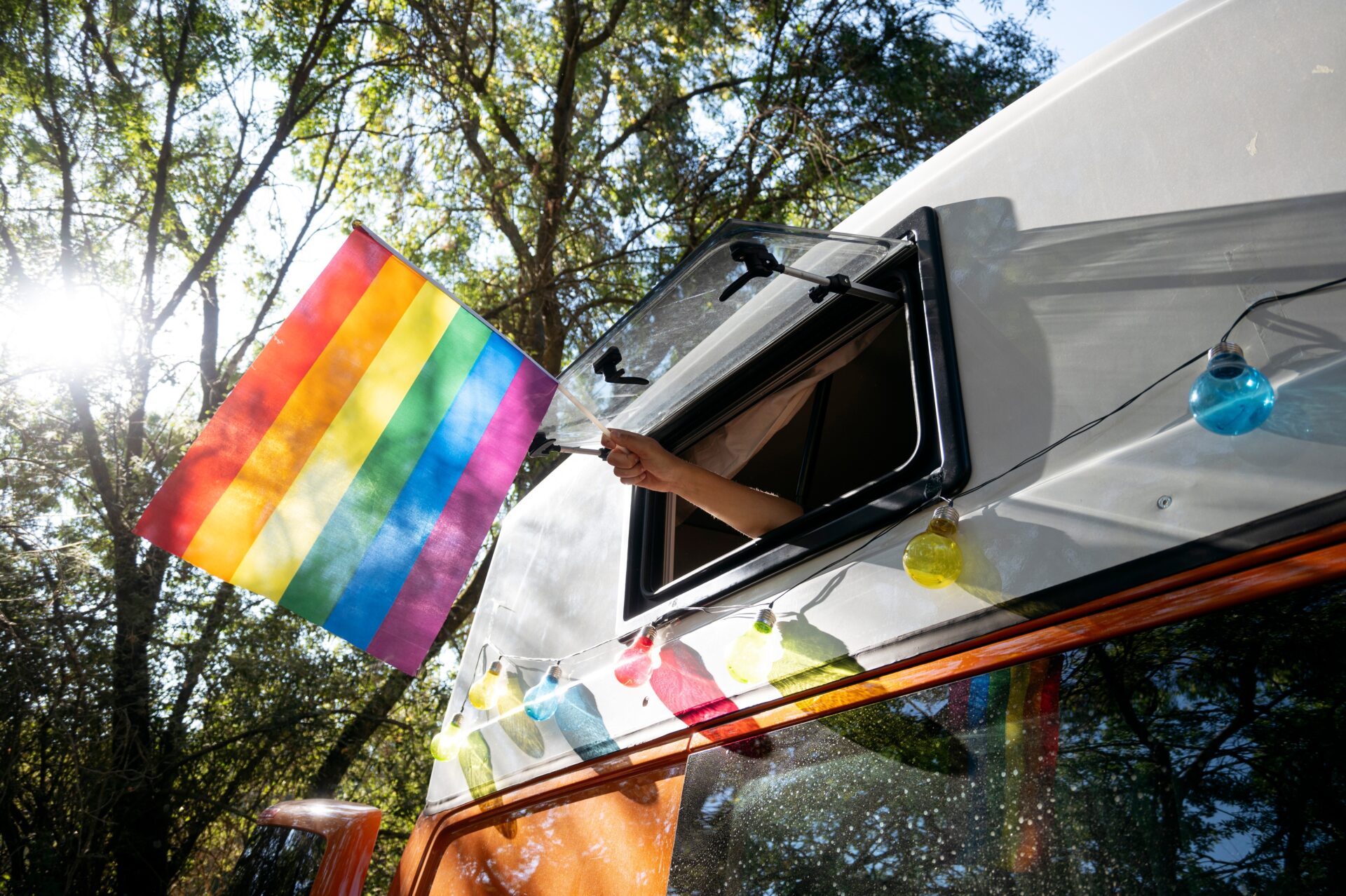In today’s rapidly transforming cultural landscape, initiatives like Pride Camp in New York are becoming focal points of controversy. This camp, tailored for LGBTQ children and offspring of LGBTQ-identifying adults, emphasizes inclusivity and self-expression. But critics argue that injecting sexuality-centric themes into the lives of young children marks a misguided and harmful deviation from allowing kids to experience the simple joys of childhood.
Traditional summer camps have long provided spaces for children to bond over shared interests in art, dance, science, and even offer solace to those undergoing similar struggles, such as coping with disabilities or grief. These environments either contribute to personal enjoyment or provide necessary psychological support. However, Pride Camp fixates on the sexuality of children and their parents, intertwining queer theory with child-rearing inevitably pushing an agenda that many find problematic. This can be perceived as an attempt to groom children towards a particular ideological outcome rather than allowing them to develop their understanding of gender and sexuality naturally.
The modern concept of “Pride” has evolved into a celebration that intertwines various sexual and gender identities, often associated with highly visible and sometimes explicit displays of transgender ideology. It’s challenging to distance the curriculum and objectives of Pride Camp from such public manifestations. Children are viewed not as individuals but as potential convertibles into a new doctrine, reducing them to LGBT talking points in what some might describe as a sexuality-obsessed subculture.
Moreover, teaching children that gender is fluid and chosen contrasts starkly with their innate understanding of biological differences between men and women. Such teachings are likely to lead to confusion, potentially impacting their mental health and perception of identity long-term. It is this focus on sexual identity at such impressionable ages that has spurred movements like the LBG Alliance, which advocates for a separation from transgender ideologies.
Despite claims of “inclusivity,” Pride Camp’s underlying agenda perpetuates separation based on sexuality and gender. This effort is evident in the camp’s schedule, which includes presentations from “successful and passionate LGBTQ+ folks,” attempting to illustrate various societal roles and identities through the lens of LGBTQ+ orientations. However, the question arises: what relevance does one’s sexuality have to their professional life or societal contributions? The camp’s focus shifts the emphasis of personal achievements onto sexual preferences, which is arguably inappropriate for the developmental stages of young children.
Reflecting on broader societal trends, the increased visibility of LGBTQ+ identities among teenagers is telling. Studies indicate a growing number of young people identifying as LGBTQ+, a trend that many attribute to social conditioning. Camps staffed primarily by LGBTQ adults may unconsciously model and impress their own experiences and identities onto young campers, leading to potential influences on the children’s developing sense of self.
Critically, the approach of camps like Pride Camp diverges from assisting children in overcoming gender confusion or dysphoria. Instead, it perpetuates the notion that altering biological reality is both possible and desirable. This ideology is in direct contradiction to fostering a secure and grounded understanding of one’s identity. Prominent figures in such camps, including director Lonnie Ginsberg, claim the goal is for children to focus on “just being a kid.” Yet, by infusing the camp’s environment with discussions about sexuality and gender identity, they inadvertently draw even very young children into complex adult debates.
The current cultural climate, as shaped by activist movements, undoubtedly exerts a significant influence on these trends. Despite the global adult population comprising only a small percentage of individuals identifying as gay or transgender, American teenagers show much higher identification rates. This discrepancy highlights the effect of activist messaging infiltrating educational and recreational spaces.
Ultimately, genuine childhood freedom means steering clear of the ideological confusion propagated by gender and sexuality activists in venues such as Pride Camp. Children deserve the liberty to enjoy their formative years without the intrusive imposition of adult conflicts over identity and sexuality.



